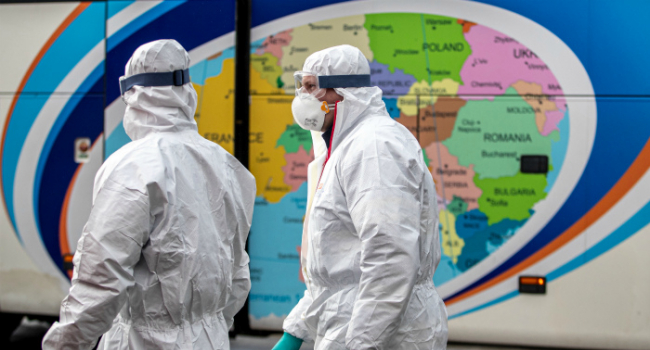The COVID-19 pandemic is terrible not only because it is killing people, but also because it will lead to the spread of antibiotic resistance in the future, which in turn will kill many people, the PLOS Pathogens journal reports.
According to MedicalXpress, about 10 million people are expected to die each year due to resistant infections by 2050. Moreover, the spread of dangerous bacteria will be speeding up due to the frequent prescription of antibiotics against COVID-19.
Scientists from the University of Colorado at Boulder are currently working on a new method to fight against antimicrobial resistance. This is a SAFIRE’s (Scientific Approach to Finding Indicators for and Responses to Radicalisation) method to find new molecules that could help fight infections. They selected the 70 most promising candidates out of 14,400. Moreover, one of them, JD1, proved to be especially effective against gram-negative bacteria. These bacteria have an extra outer layer that protects them from antibiotics. But the primary immune response helps JD1 to enter microbes and target the inner membrane.
The study shows JD1 reduced the survival rate of gram-negative bacteria Salmonella enterica by 95%, while mammalian cells remain undamaged. In the US alone, 35,000 people die each year from bacterial infections resistant to existing medications. Many other people suffer from intractable infections such as tonsillitis, urinary tract infections, and pneumonia. More people will die from bacteria than from cancer by 2050, the authors of the new study noted.


